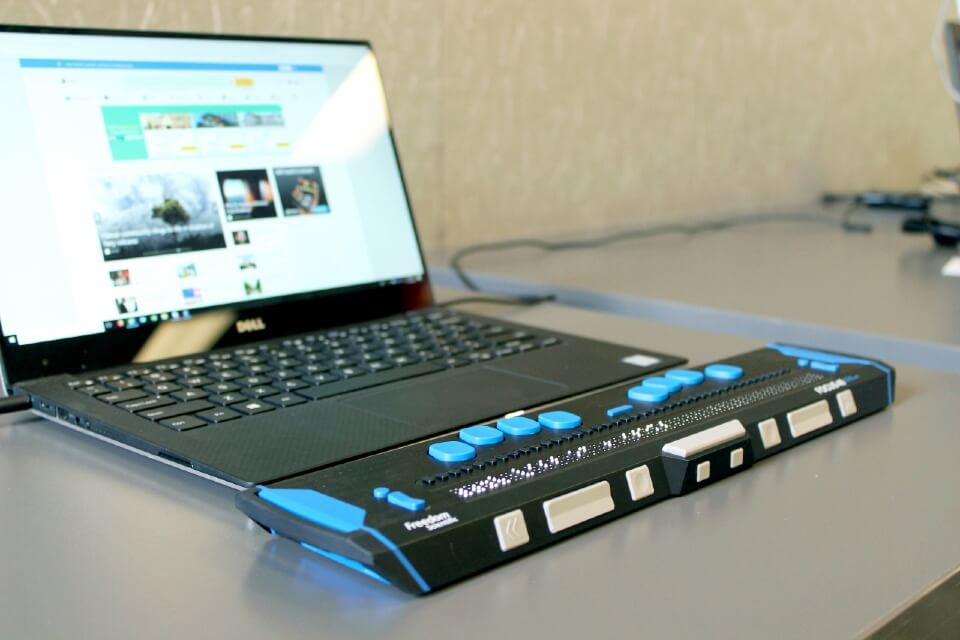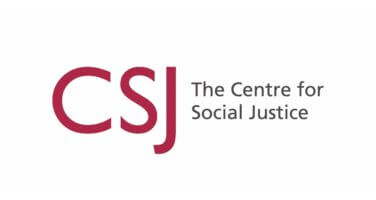Every July, the world celebrates Disability Pride Month. It’s a time to recognise the contributions and achievements of disabled individuals, challenge stereotypes, and advocate for a more inclusive society. But what exactly is Disability Pride, and why is it important for everyone to be involved?

Disability Pride Month isn’t just about celebrating visible disabilities. It encompasses the entire spectrum of human experience, including physical, sensory, intellectual, developmental, and mental health conditions. It’s a call to dismantle the narrative of disability as a limitation and instead, celebrate the unique strengths and perspectives that less-abled people bring to the table.
Not to mention, it’s an occasion that looks beyond one identity and explores the intersectionality between disabilities and sexual orientation; almost an extension of Pride month in itself.
Here’s why Disability Pride Month matters:
- Visibility and Representation: It creates a space for open conversation about disability, encouraging understanding and empathy. By highlighting the stories and accomplishments of less-abled individuals, it challenges the perception of disability as a barrier and inspires younger generations.
- Empowerment: The month empowers less-abled people to embrace their identities and challenge societal expectations. It’s a reminder that disability is not something to be ashamed of, but rather a facet of a rich and diverse human experience.
- Inclusion: Disability Pride Month is a catalyst for change. It pushes for a more inclusive world, where physical spaces, workplaces, and social structures are accessible to everyone.
Here’s how studios can actively support their disabled staff members and nurture a truly inclusive work environment.
Building an Accessible Workplace:
- Physical Accessibility: Ensure ramps, lifts, and accessible toilets are readily available. Invest in ergonomic furniture and assistive technologies like screen readers or voice recognition software.
- Communication Accessibility: Provide transcripts for audio recordings, closed captions for videos, and offer documents in multiple formats (e.g., Braille, large print). Allow for flexible communication methods like email or instant messaging for individuals with communication difficulties.
- Mental Health Support: Offer access to programmes that address mental health concerns. Promote a culture of open communication and encourage employees to seek help if needed.
Creating an Inclusive Culture:
- Disability Awareness Training: Educate employees about different disabilities and create a culture of understanding and acceptance. This empowers co-workers to provide support and navigate potential challenges.
- Reasonable Adjustments: Fully understand and enable reasonable adjustments to your staff, especially those that need alternatives means to succeed and/or outside of the box options to help them bring their best to work. This can include offering flexible work schedules, remote work options, or compressed workweeks to accommodate individual needs to create a more balanced work-life experience for employees.
- Develop greater nuance within Studio Culture: Considering the great intersectionality of people’s identities can create a more psychological safe culture where people are seen for who they are, not just one trait of theirs.
Empowering Less-Abled Staff:
- Mentorship Programs: Mentorship programmes can play a crucial role in supporting career development and creating a sense of belonging. Pairing disabled employees with experienced mentors can provide invaluable guidance and support.
- Career Development Opportunities: Offer equal access to training programmes, workshops, and other opportunities for career advancement. Encourage disabled employees to take advantage of these resources and help them chart their career paths.
- Recognition and Celebration: Recognise and celebrate the achievements of disabled employees alongside those of non-disabled colleagues. This encourages a sense of accomplishment and creates a culture of inclusion where everyone feels valued.
If you’d like further reading, we have a whole section dedicated to Disability & Neurodiversity, which covers everything from legal requirements, to staff training and awareness, to creating inclusive workplace policies and more. Find out more here.

Register or log in to get started in your organisation
Photo by Elizabeth Woolner on Unsplash


